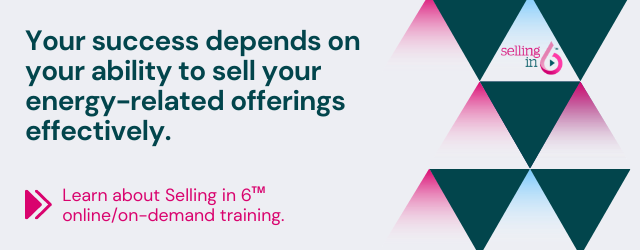It has happened to all of us: we’ve encountered a prospect who is demanding and difficult throughout the sales process. What are the best ways to deal with them? Here are some tips from my own experience, as well as some contributions from other sales professionals.

- Be calm and don’t take things personally. Getting defensive is one of the quickest ways to escalate the situation. Remember that a prospect’s mood may have nothing to do with what’s happening. They may have had a rough day or other issues on their mind. Sales strategist Marc Wayshak recommends adjusting your communication style as well: keeping your voice even, slowing things down and staying unemotional.
- Remember your “why.” If you have done your homework and know how your offerings can make a difference, then that should be the focus of your conversation. I recently wrote about “selling your song,” and how your “why” should be like a piece of music returning to its refrain. This will keep the conversation focused and worthwhile.
- This is an indispensable piece of selling, particularly when a prospect is being difficult. According to Xant, validating their concerns is key. We’re not suggesting that you simply parrot their objection. Rather, you need to invest the time to hear them out. When you do, take it as an opportunity to ask questions and clear up any misunderstandings.
- Be Prepared. It’s one thing to research the company you’re selling to, but it’s even more beneficial to research the particular person you’ll be speaking with. For example, here is a piece by Rachel Ha’o on Sales Hacker on how to make your offerings appeal to a CFO. Each prospect you speak with is an individual. If you can find videos, podcasts and interviews involving a particular person, you’ll have greater insight into how they communicate and what they care about the most.
- Pay attention during your follow-up. This is more than an expectation or a courtesy. If you’re dealing with someone who is doubtful or has been burned in the past, this is an essential part of the process – a way to reassure them and help them through the process. If you don’t, there are chances they might pull away from you or lose interest in the sale.
- Know when to walk away. Sometimes a customer is more trouble than they’re worth. It’s perfectly okay to move on to other willing prospects or politely end a conversation that isn’t going anywhere. It might also be necessary to rethink what you are gaining from an ongoing relationship with a customer who makes every sale difficult. You don’t have to keep selling to them forever, especially if the effort isn’t worth the payoff.







